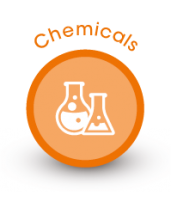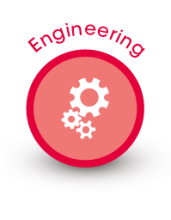
IMPRESS - Chemical modification of biorefinery lignins and production of colloidal lignin particles (CLPs) offers a viable pathway for lignin valorisation
As the second most abundant vascular plant biopolymer after cellulose, lignin is an important raw material for future biobased chemicals and materials. Due to its complex structure, the full utilization of the widely available technical lignins streams from biomass processing still remains a challenge. Researchers from Aalto University have studied four samples of biorefinery lignins obtained through Dawn Technology™ to uncover potential applications of these untapped resources. Samples originated from a softwood (pine – SL) and a hardwood (aspen – HL) were received either as fresh wet chips after hydrolysis (SL1 and HL1) or as dry materials (SL2 and HL2). The researchers were able to overcome the challenges with the samples, such as drying of lignin in acidic conditions as well as the presence and co-extraction of extractives, and to produce water soluble colloidal lignin particles (CLPs). The CLPs were applied as emulsifiers in Pickering emulsions of olive oil/water, where –C12-derivatized HL1 showed the best performance for emulsion stabilization.
For more information please visit the Master's Thesis that was completed in August 2022 based on the results of this work: Yasmini Silva, ‘Biorefinery lignin: Structural characterization, modification and production of nano-particles for applications’.



Project website: https://www.aspire2050.eu/impress
IMPRESS integrates disruptive upstream and downstream technologies developed by the project partners. IMPRESS concept uses 2nd generation biomass and turns process streams into value added products and green chemicals to replace existing fossil-based products.
The IMPRESS consortium consists of 10 leading European companies as well as research, development and educational organisations.
This project has received funding from the European Union’s Horizon 2020 research and innovation programme under grant agreement No 869993.




